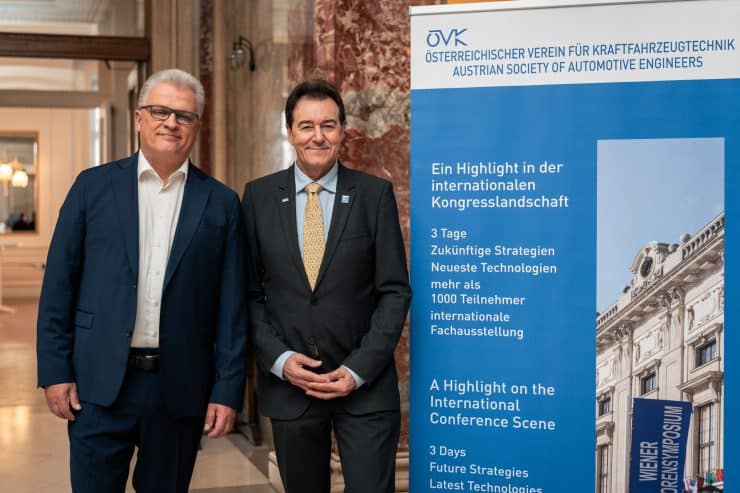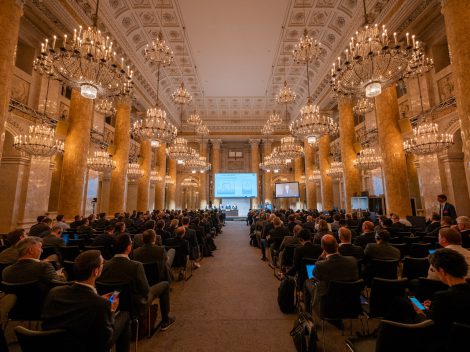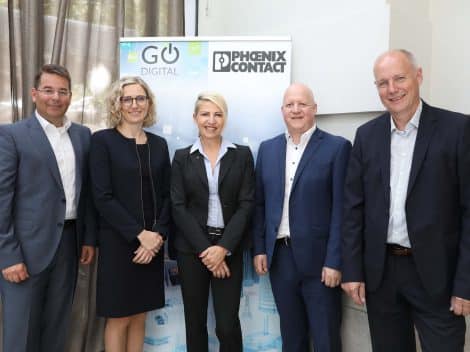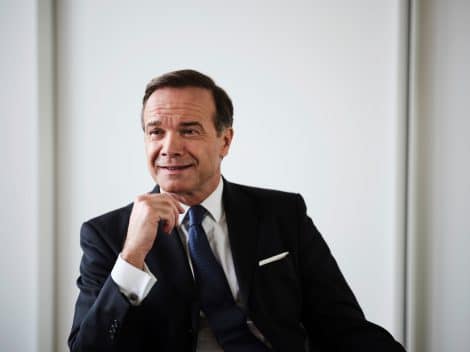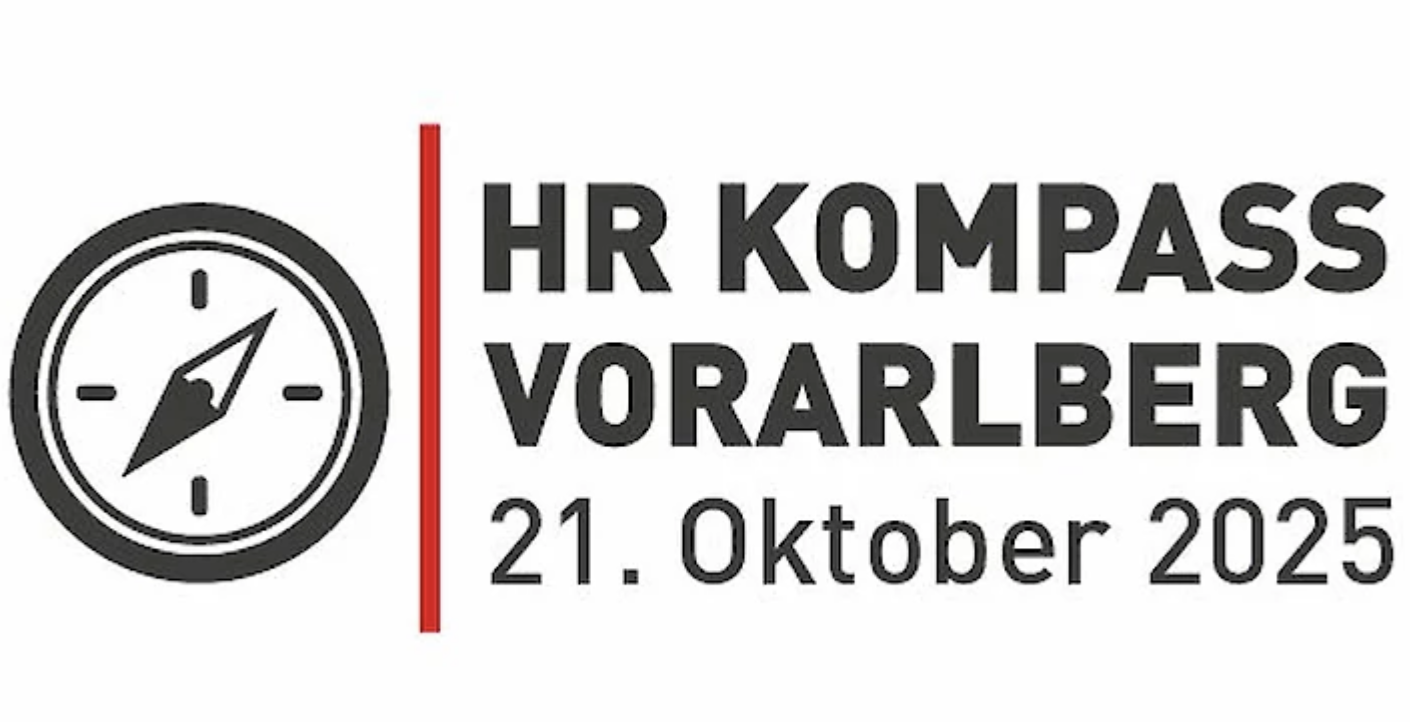The 46th International Vienna Motor Symposium, scheduled for May 14–16, 2025, at Vienna’s Hofburg Palace, will bring together global automotive industry leaders, engineers, and policymakers to discuss critical topics shaping the future of sustainable mobility. This year’s focus emphasizes moving beyond vehicle emissions towards a holistic evaluation of the energy lifecycle—commonly referred to as a “cradle-to-grave” approach.
Systematic Shift Required for Sustainability
At a press conference ahead of the event, Prof. Bernhard Geringer, Chairman of the Austrian Association for Automotive Engineering (ÖVK) and the symposium’s organizer, underscored the need to rethink current environmental strategies. According to Geringer, legislative measures that assess only vehicle emissions fail to account for the entire lifecycle of energy generation and raw material production. “Meaningful climate protection will only be achieved with a systematic cradle-to-grave approach,” he stated, urging policymakers to expand their focus from engines to energy sources.
Geringer further highlighted the disparity between “green engines” and “green energy.” He stressed that carbon-neutral mobility can only succeed with the adoption of genuinely sustainable energy sources.
Industry Legacy and the Role of Global Collaboration
Since its inception in 1979, the Vienna Motor Symposium has established itself as a platform for scientific dialogue in the automotive sector. The event has featured prominent figures, from Ferdinand Piëch (Volkswagen) to executives like Ola Källenius (Mercedes-Benz) and Oliver Blume (Porsche). This year, the symposium will spotlight collaborative efforts such as the partnership between Chinese automaker Geely, the European Renault Group, and Saudi Aramco.
The joint venture, Horse Powertrain, exemplifies the industry’s increasing focus on hybrid and combustion engine technologies. Ingo Scholten, CTO of Horse Powertrain, remarked that the powertrain has evolved from a vehicle component into a standalone sector driving mobility innovation.
Commercial Vehicles: Diverse Paths to Decarbonization
Decarbonizing commercial transport remains a central challenge for the industry. Dr. Frederik Zohm, R&D Executive at MAN Truck & Bus, emphasized the current advantages of battery-electric vehicles in terms of energy efficiency and operating costs. However, he also recognized the potential of hydrogen-based solutions for long-haul applications where charging infrastructure is limited.
Speakers at the symposium will explore various powertrain options, including battery-electric systems for urban logistics and hydrogen-powered engines for heavy-duty transport, reflecting the diverse demands of the commercial transport sector.
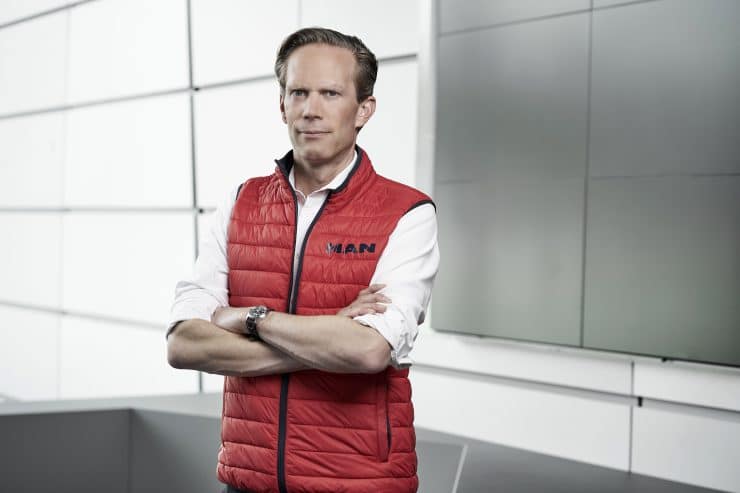
Future Prospects
As sustainable mobility transitions from concept to reality, the Vienna Motor Symposium remains a critical venue for fostering innovation and dialogue. By addressing the entire lifecycle of energy usage and storage, industry leaders aim to create practical, scalable solutions that align with global climate goals.
For further information, visit the official Vienna Motor Symposium website: wiener-motorensymposium.at

